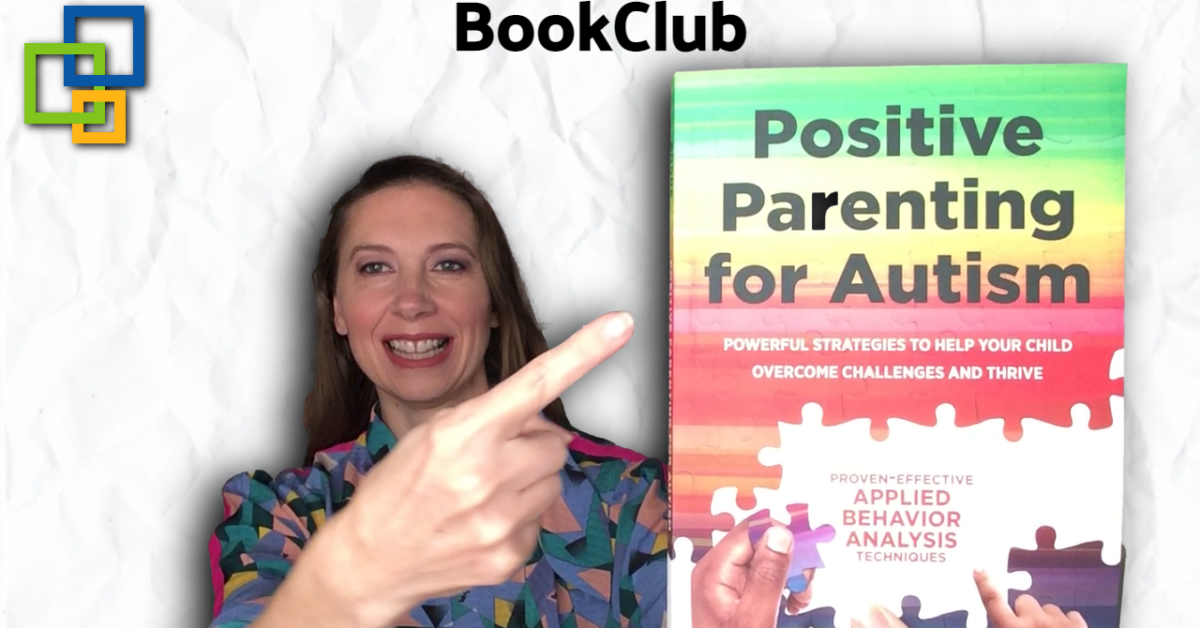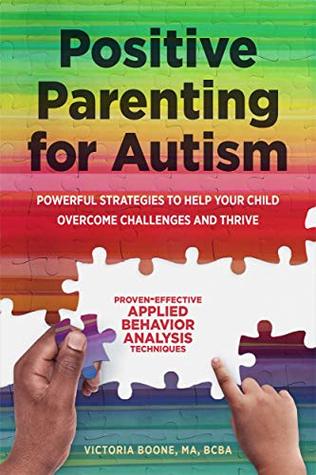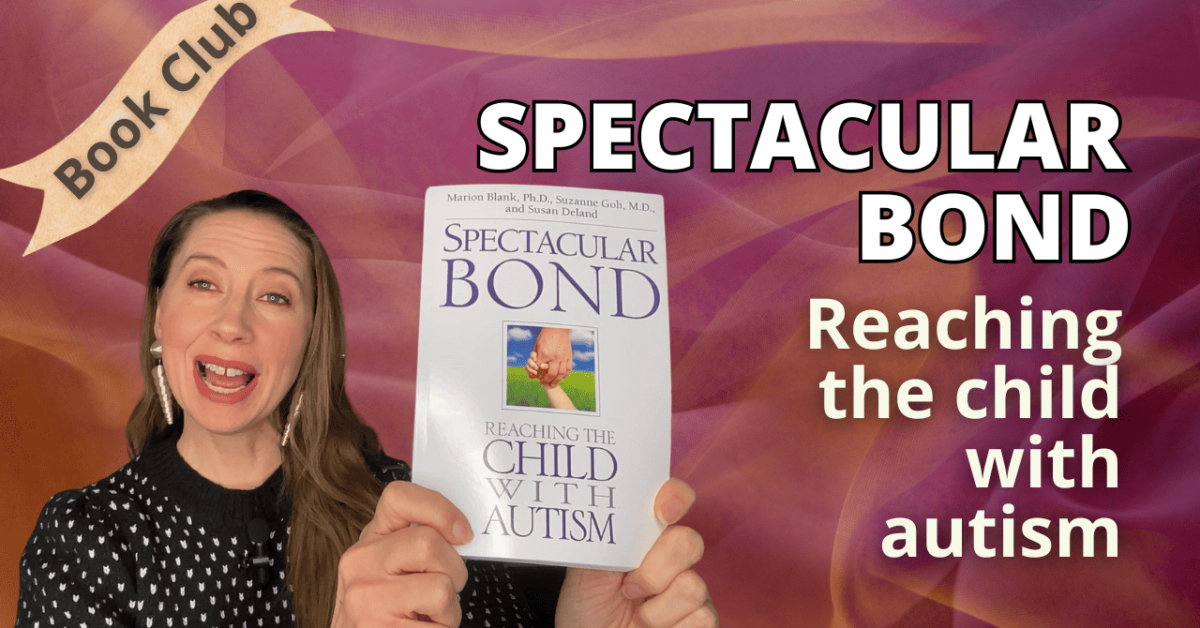There’s a lot of useful information in here, and I certainly recommend this book.
So let’s get into this book…
This month’s book club is:
Positive Parenting for Autism
First, let me say you are a wonderful parent for even wanting to know more about this topic.
It might not feel like it right now. It might feel like things are quite a bit of a mess.
And I know it might feel just overwhelming.
But searching for this information, trying to improve your parenting skills – that is a good parent!
We’re not perfect, right? We just want to try our best. And I’m sure reading a book on this topic is certainly one way to improve your parenting skills. See? And that is why you are a great parent.
Okay, let’s get into this.
Detective Work
This book talks about Detective work, and that’s really where it starts.
It starts by suggesting that in order for your parenting to improve, you want to really understand your child, and that really starts with understanding their behavior.
Behaviors, most times for people with autism are used to communicate. They’re not just some random things that your child with autism is doing. There is a function to them.
So here in this book, it says how if you’re really having difficulty trying to understand your child’s behavior, you can hire someone to do a functional behavioral assessment.
This whole assessment, the goal, the end goal, the product that you get at the end is an understanding of why your child is doing those behaviors, what function do those behaviors serve, and that’s when you can start modifying how you parent because now you have a better understanding of what your child is trying to communicate.
Reinforcement Vs Bribery
Another great topic in this book is the difference between reinforcement and bribery. There definitely is a difference, and it goes on here to say
“Reinforcement is the most powerful tool at your disposal. But some parents still resist the idea of consistently rewarding good behavior because it reminds them of bribery. But if you’re doing it correctly, reinforcement is nothing like bribery.”
So they go on to describe:
“Bribery is a source of negative reinforcement for you because bribing your child allows you to escape the aversive situation at hand. In other words, bribery is meant to benefit the person who is delivering the bribe, while reinforcement benefits the child by teaching them that they have to earn the consequence and can only do so by engaging in appropriate behavior.”
That is … Oh, goodness! That is such a key to parenting a child with autism. And I think parenting a child in general, but I know we’re just focusing here on autism. That is a really big difference. That is really key. Really key.
Right. So the iPad, the Tablets, the Phones, all those kinds of things. They can be used as a bribe, right? When you just give it to them, like, just give me, like, ten minutes alone. It’s a bribe. Sometimes it’s okay to do that. I have to say there’s nothing wrong with every once in a while being like, listen, you need to just leave me alone for a few minutes so that I can compose myself right? If you’re on the edge, maybe you’re going to yell at your child in the next couple of minutes, do something else that you’re going to regret, and it’ll make you feel even worse. A bribe in that moment? I don’t know. Is it really a bribe when you got to keep your sanity? But the iPad can be a bribe or it can be a reinforcer.
It all depends on context.
On the actual situation.
Punishments
Chapter four goes into what is punishment, and should you use it?
“In chapter three, you learned that reinforcement occurs when a behavior is followed by an event that increases the likelihood it will occur again in the future.”
“Punishment is the exact opposite of reinforcement. It is the procedure we use when we want to decrease the likelihood, we’ll see a behavior again.
Reinforcement and punishment are both forms of learning, and in some scenarios, punishment can be the more effective means of helping us quickly learn to avoid situations that could pose an immediate danger.”
So again, this is really up to the parent and up to your situation. Does punishment make sense?
Are you more reinforcement-based? But if something very dangerous is going on with your child, punishment might be appropriate. So it’s up to you to decide what is the most appropriate way to handle the behavior, the situation that is going on.
This book is very good in that it lists the different types of punishment.
There’s not just one type of punishment. You can have a
- Verbal reprimand
- Overcorrection
- Positive practice
- Response blocking and
- Corporal punishment
They do say Corporal punishment is not something they recommend. But many times when we say punishment, it is more of just Corporal punishment. And it’s good to know that there are four other ways of punishment.
Extinction
And chapter five is a good one.
It’s all about extinction – a powerful alternative to punishment.
So you might be like, okay, those five types of punishment. That’s not really for me. What else is there?
Reinforcement that doesn’t seem right. So you can think about extinction.
“Extinction is a strategy in which we stop reinforcing a behavior that used to be reinforced with the goal of decreasing the behavior over time.”
This is when you have gotten yourself caught in a loop that’s not beneficial.
“Extinction is a way of reducing unwanted behavior behaviors without having to use punishment.”
And there’s a whole chapter on it.
There’s a lot of useful information in here, and I certainly recommend this book.





